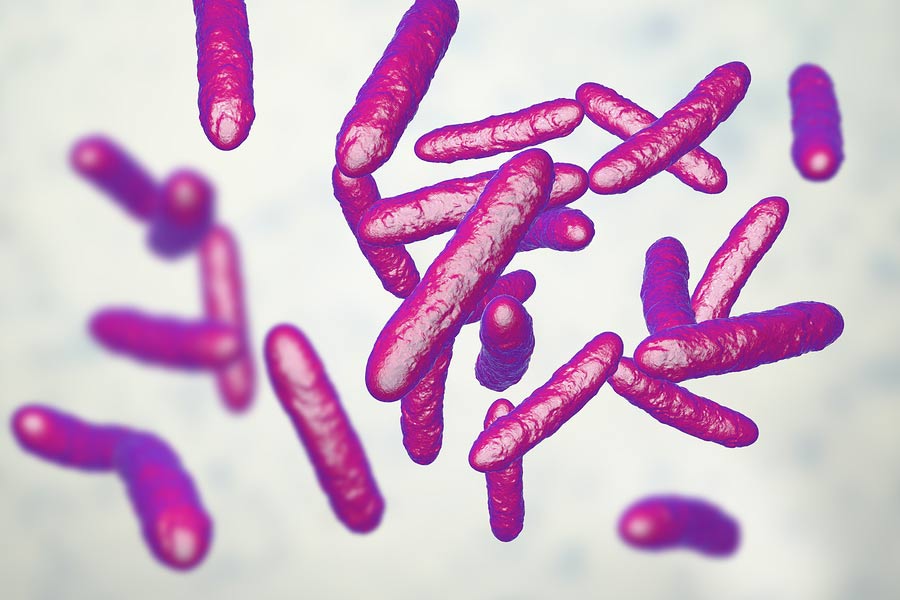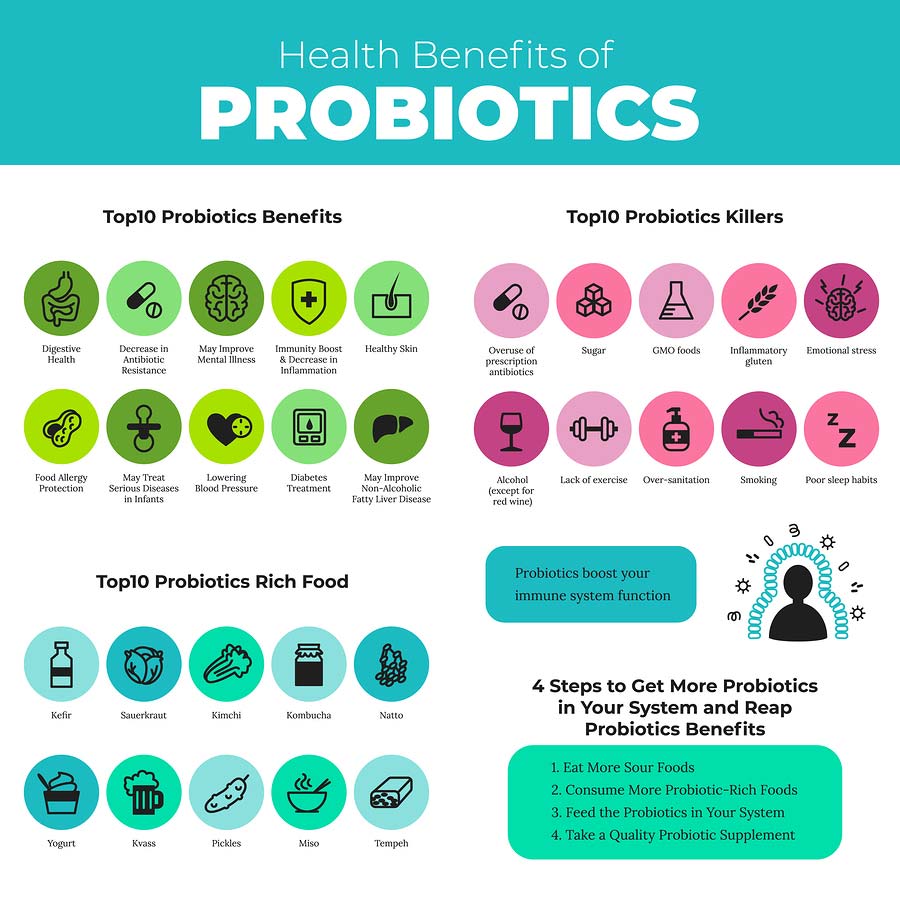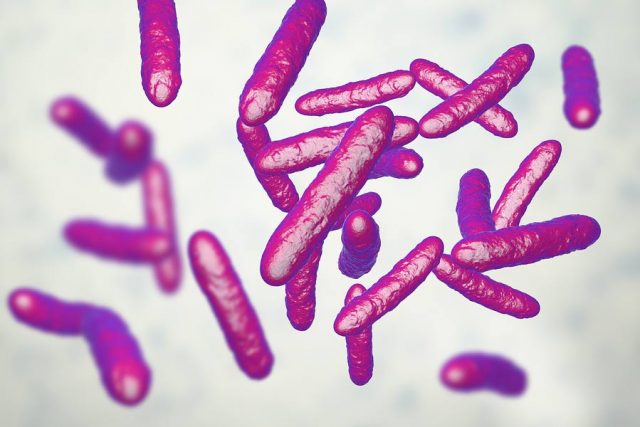Medically Reviewed by Jacque Parker, RN

The gut microbiome has been a hot topic, with increasing scientific knowledge expanding around this area, proving that it’s much more important than we once believed. Our ancestors intuitively knew it, coining phrases such as having a “gut” feeling, but it’s only now we understand how this works.
The basic premise is this andndash; our intestines are lined with billions of cells of bacteria. The majority of these bacteria are good for you and form a symbiotic relationship with us; they help us digest our food and release nutrients, and in turn, they too get a good meal. Once these nutrients are released, tiny finger-like structures in our intestines, called microvilli, absorb these nutrients, and theyandrsquo;re transported around the body for repair and regeneration.
Unfortunately, not all gut bacteria are created equal. Some, like the ones mentioned above, are optimal for your health and are the ones we wish to cultivate. How can we do this? Well andndash; there are two ways.
Prebiotics
This one is super simple, and it’s likely you’re already doing at least some of this already. It’s the act of eating foods that these bacteria thrive upon. Some of these foods include garlic, onions, cocoa, leeks, asparagus, bananas, apples, barley, oats and seaweed. So get out those blenders and make yourself a breakfast smoothie packed with oats, bananas and cocoa! Or fry up a fragrant stir fry to keep your gut happy and your immune system fighting!
Probiotics
Many people confuse probiotics and prebiotics. Probiotics basically add some of the good bacteria to your gut. The more, the better, as they’ll crowd out the bad ones, especially if youandrsquo;re feeding them plenty of the prebiotics above. There are many sources of probiotics, some from animals and some from plant sources. So if you’re vegan, no need to fret! The most abundant sources are as follows yogurt (dairy and non-dairy), kefir (milk or water varieties), cheese, kimchi, kombucha, miso, brine pickles, tempeh, sauerkraut and miso.

As you can see, itandrsquo;s really not hard to boost these foods in your everyday diet. Who doesn’t love the smell of onion and garlic sautandeacute;ing on a pan in the evening? Or enjoy a good portion of sushi laden with pickled ginger and wrapped in iodine-rich seaweed? Not only will these foods boost your good bacteria count, but they’re also full of fiber and other wonderful qualities such as being anti-inflammatory, anti-viral, and immune-boosting.
Did you find this article helpful? Join us at HealingWell for support and information about Crohn’s Disease. Connect and share with others like you.




